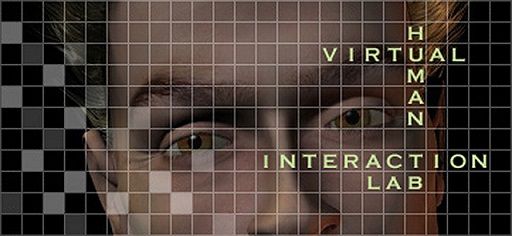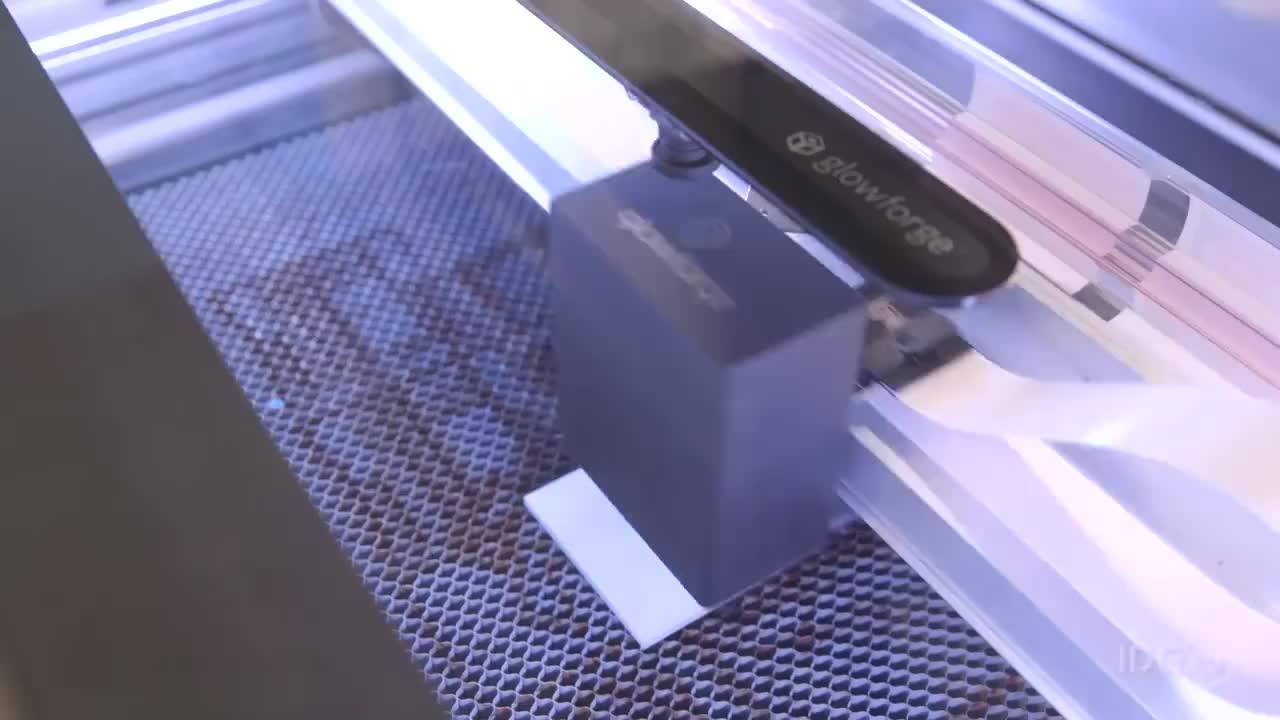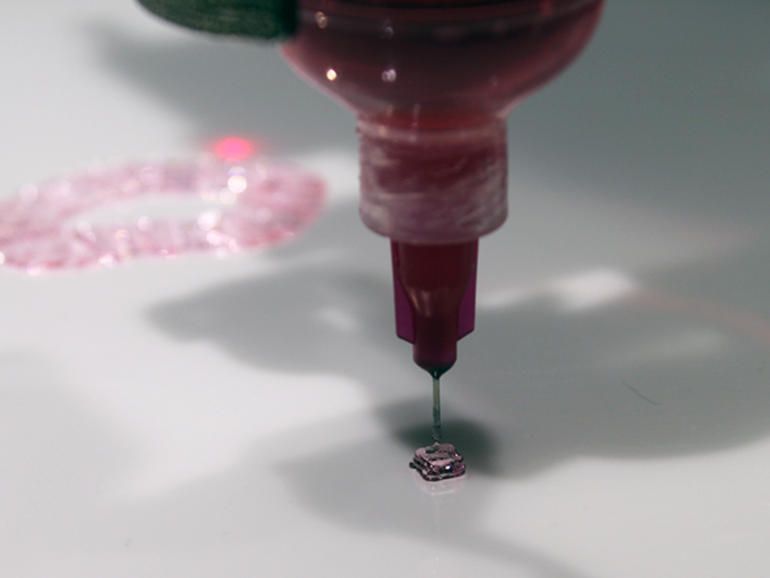Feb 2, 2016
Opportunities in Cancer Nanotechnology: A Conversation with NCI’s Dr. Piotr Grodzinski
Posted by Karen Hurst in categories: biotech/medical, nanotechnology
Wonderful article on Nanotechnology and cancer with NCI’s Dr. Piotr Grodzinski. NCI established NCI’s with NCI’s Dr. Piotr Grodzinski. The article was published by declara.
Learn about Opportunities in Cancer Nanotechnology: A Conversation with NCI’s Dr. Piotr Grodzinski. Declara makes it easy to discover, share and organize knowledge. We empower individuals, organizations and countries to develop the knowledge needed to solve big problems.

















